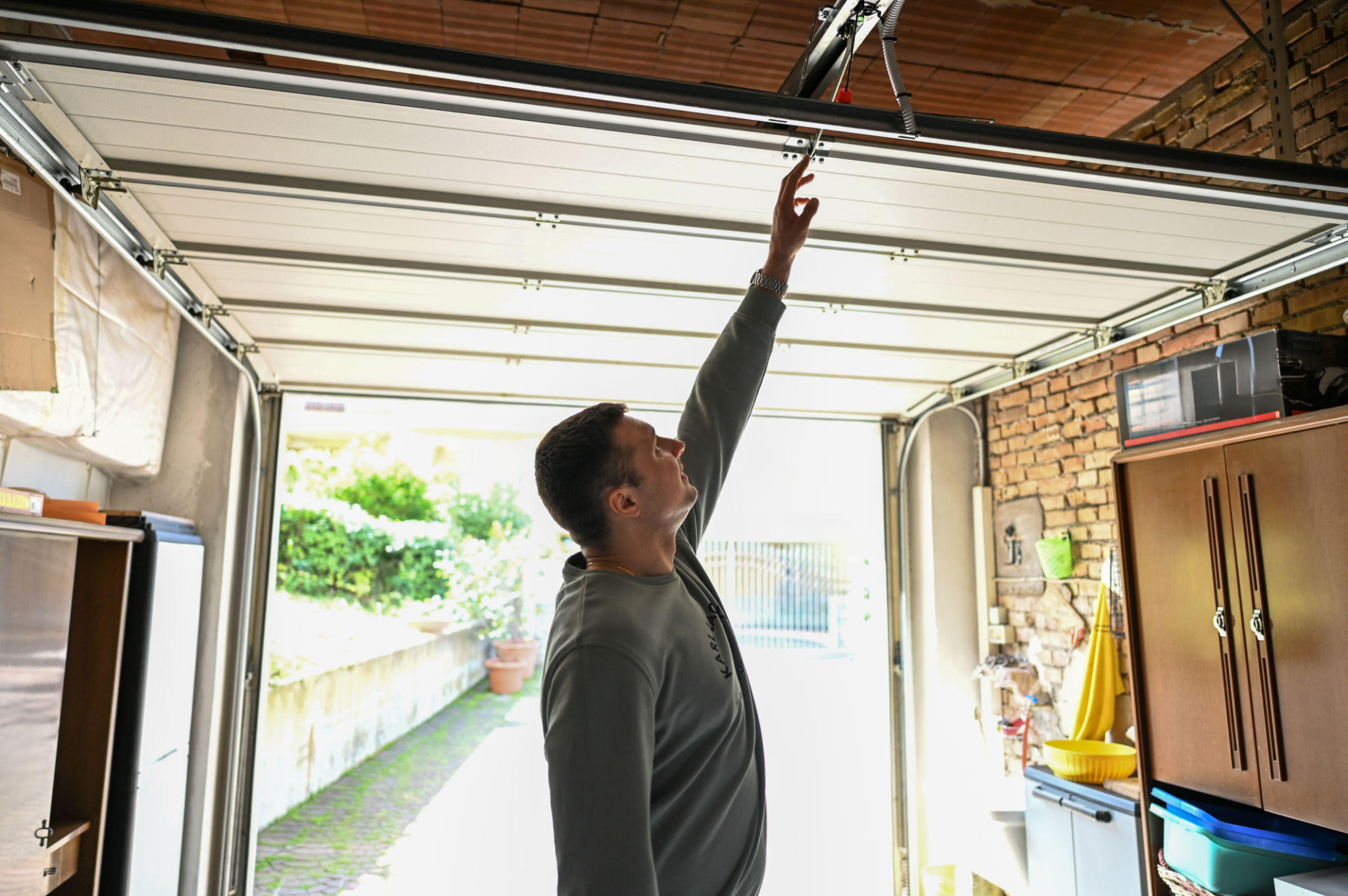FAQs About Masonry Repairs: Essential Knowledge for Texas Homeowners
Understanding Masonry Repairs
Masonry repairs are crucial for maintaining the structural integrity and aesthetic appeal of your home. In Texas, where extreme weather conditions can take a toll on buildings, understanding the essentials of masonry repair becomes even more important. This guide will help Texas homeowners navigate common masonry repair questions and concerns.

What Are Common Types of Masonry Damage?
Masonry can be damaged by a variety of factors, including weather, moisture, and structural shifts. Common issues include:
- Cracking: Often caused by settling foundations or thermal expansion.
- Spalling: The flaking or peeling of brick or stone surfaces, usually due to moisture penetration.
- Efflorescence: White deposits on masonry surfaces caused by salt migration.
Recognizing these problems early can help prevent more extensive and costly repairs down the line.
How Does Texas Weather Affect Masonry?
The diverse climate in Texas, ranging from hot and humid to cold and dry, can significantly impact masonry structures. High temperatures can lead to thermal expansion, causing bricks to crack or mortar to weaken. Additionally, heavy rainfall and humidity can exacerbate moisture-related issues such as efflorescence and spalling.

Homeowners should conduct regular inspections of their masonry to catch any weather-induced damage early on.
When Should You Consider Professional Help?
While minor repairs like small cracks or repointing mortar joints might be manageable for some homeowners, more significant issues require professional intervention. Consider hiring a mason if you notice:
- Large or expanding cracks in the walls.
- Bulging or leaning walls.
- Significant water damage or mold growth.
A professional mason will have the expertise to assess the situation accurately and offer appropriate solutions.
What Are Some Preventative Measures?
Prevention is key when it comes to maintaining your masonry. Here are some proactive steps:
- Regular Cleaning: Keep your masonry free from dirt and debris to prevent moisture retention.
- Sealant Application: Apply a water-repellent sealant to protect against moisture intrusion.
- Foundation Maintenance: Ensure the ground around your home is properly graded to direct water away from the foundation.

The Importance of Timely Repairs
Delaying masonry repairs can lead to more severe structural issues and increased repair costs. By addressing problems promptly, homeowners can preserve their property's value and safety. Regular inspections and maintenance are essential components of homeownership, especially in regions like Texas where environmental factors pose additional challenges.
By staying informed and proactive, you can ensure your masonry remains in good condition for years to come. If you have further questions or concerns, reach out to a local masonry professional for personalized advice and assistance.
